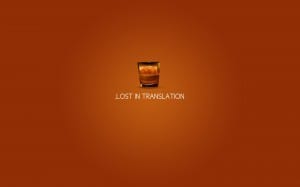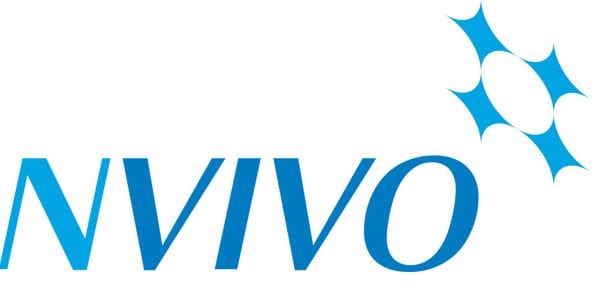The spectre of the Phd has moved in. Taken up residence. Where I go it goes; car, office, home. There’s no escape. I’ve reached the stage the ‘DIY PhD’ books tell you about. I hate it! Last week I wrote about the funnel effect, the logistical nightmare of having too many words and not enough space. This week it’s been the question of validity or the doctoral dilemma – how do I know it’s any good? The sad answer is you don’t – not until someone else passes judgement.
Validity includes lots of positivist measure of excellence like reliability and replicability; the ‘integrity of the conclusions’ (Bryman 2003:30). But the concept of validity itself is contestable. In the red corner there’s the quantitative view of reality as observable, measurable and infinitely knowable while over in the blue corner qualitative reality is more vague, forever open-ended and uncertain.
The Methodology chapter is a challenge. This is where it all comes together or falls apart. It’s a matter of pinning yourself down philosophically – for the purpose of the dissertation at least. There are so many alternative constructions. They can’t all be wrong so it’s a bit of a winner for the blue corner although the reds won’t have it. To a positivist we’re all as predictable as time and tide. Richard Dawkins versus Karen Armstrong. I know who I’d rather have dinner with.
Taking up a position midway between the corners, with an ontological realism and epistemological constructivism (see, I’m learning the language), there is a critical realist approach where the world is knowable but knowledge is fallible. This suggests a possible answer the crisis of validity where ‘There is no single interpretive truth [only] multiple interpretative communities, each with its own criteria for evaluating and interpretation’ (Denzin and Lincoln, 2000:23). Which in itself is something of a certainty, because one thing you can be sure of, another new philosophical lens for viewing reality is likely to be coming along quite soon.
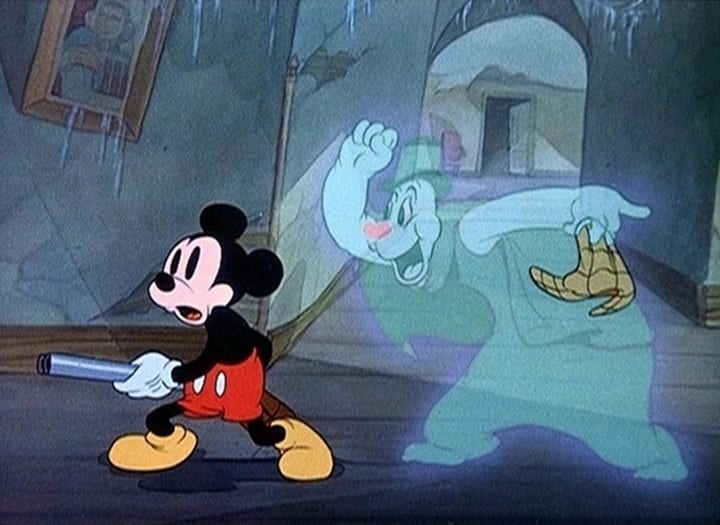

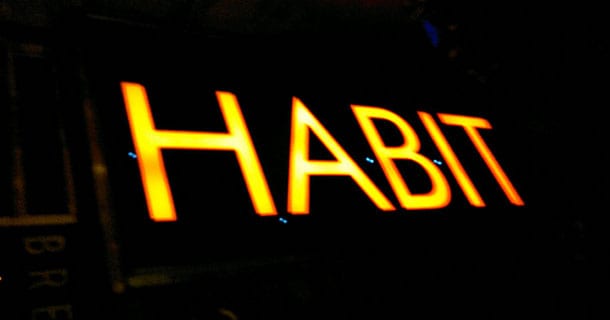
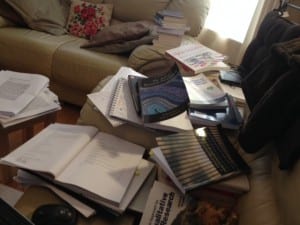
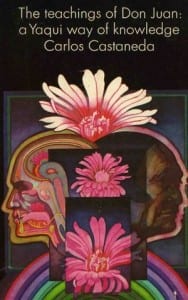
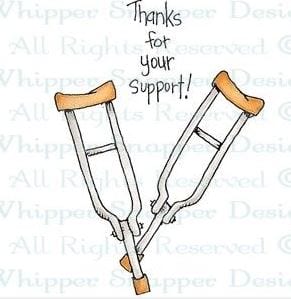

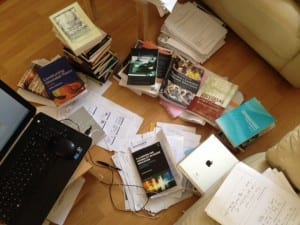
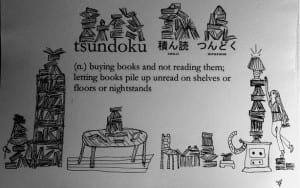 persuadinga fellow part-time ‘PhD-er’ to blog. Saying it helps to formulate ideas and structure thoughts. The art of reflection is a core learning tool and I’m not sure we promote it enough because blog routines are effective ways to cultivate the reflective mind. Give it a regular outing. Typically, I didn’t find time to blog this Friday. The dog ate my blog or the internet swallowed my work.
persuadinga fellow part-time ‘PhD-er’ to blog. Saying it helps to formulate ideas and structure thoughts. The art of reflection is a core learning tool and I’m not sure we promote it enough because blog routines are effective ways to cultivate the reflective mind. Give it a regular outing. Typically, I didn’t find time to blog this Friday. The dog ate my blog or the internet swallowed my work. sdyke with a tow path where I can walk by the water. I like it. But this week I didn’t find time to blog.
sdyke with a tow path where I can walk by the water. I like it. But this week I didn’t find time to blog.